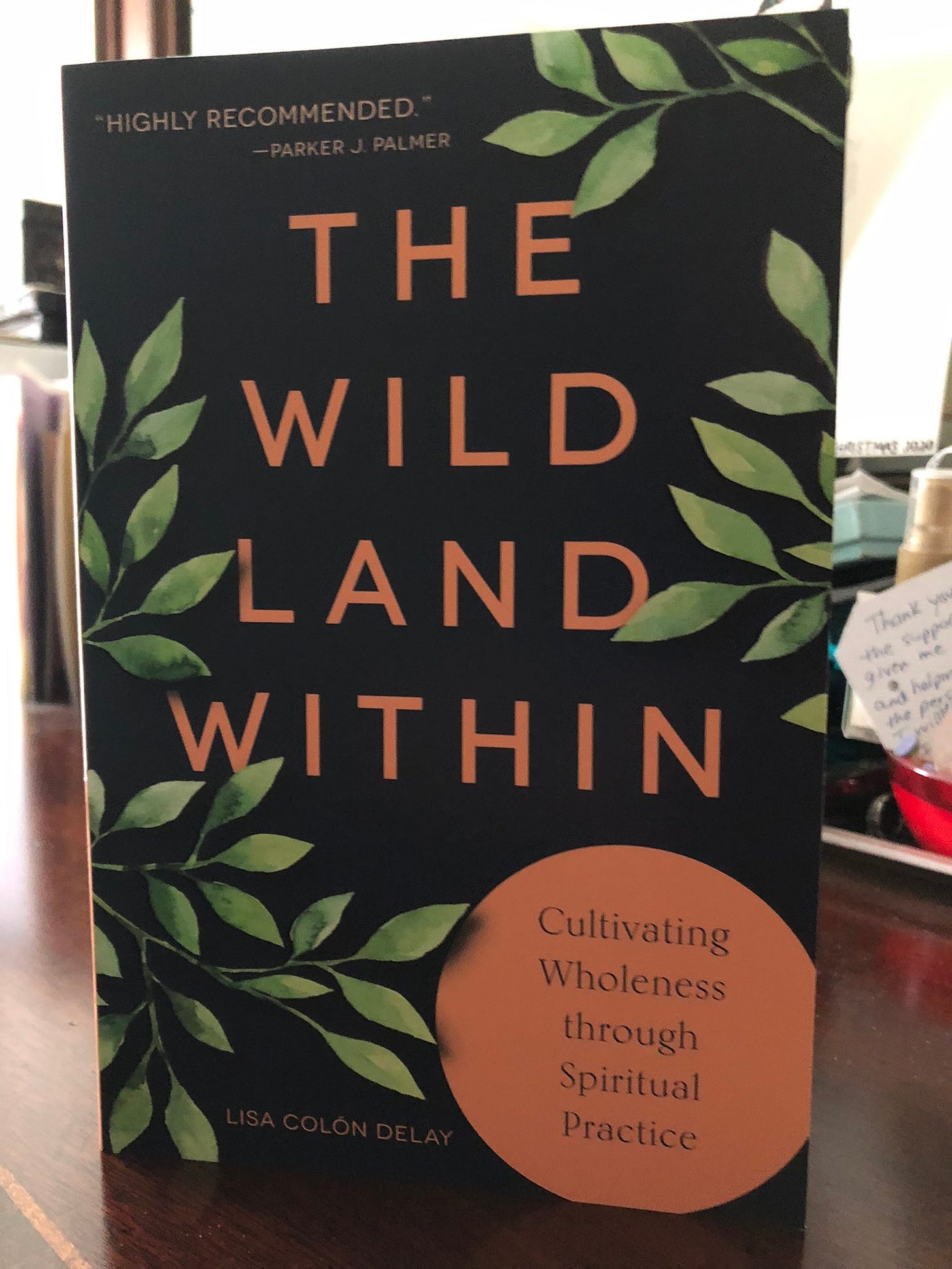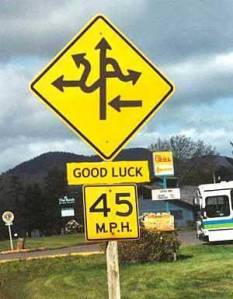I’m back to bringing you some philosophy courtesy of David Bentley Hart. This time an explanation of how first principles precede reason in determining reality from his article called Reason’s Faith from 2015
After you listen, you can find the link to the article and more at PART II on the substack page here ⬇️ : https://sparkmymuse.substack.com/publish/post/143873413
Podcast: Play in new window | Download (Duration: 20:40 — 28.4MB) | Embed
Subscribe to Spark My Muse Apple Podcasts | Spotify | Email | TuneIn | RSS | Subscribe to Spark My Muse
• Please remember you can be an ongoing Patron (supporter) by going here.
https://www.patreon.com/posts/102904430
This kind of support unlocks for you many extras on that site (at the patreon $5 and up level); PLUS everything on the paid level at the Substack site.
For more info scroll down.
To get the spiritual formation book I wrote (The Wild Land Within)… 🎁 ❤️
just click the book or google search the title to get one, or a few for a book club.

• You can find out about my publisher Broadleaf Books here
⭐️What is a Patron? Here are the DETAILS:
Patron supporters chip-in a bit each month to help me offset my expenses and continue creating episodes. Supporting this way ($5 +) entitles you to many posts, perks, and goodies that unlock once you begin.
Want to come along side me with support regularly?
This kind of help makes a big difference. It is with great appreciation that I create for my patrons as my “inner circle”.
• OF COURSE Patron supporters ALSO get ALL ACCESS to the Substack (paid) extras! Start here: https://www.patreon.com/
OR make a one-time contribution at PayPal.me/lisacolondelay
• Listeners like you make this work possible.
Here’s how to help out:
1. Share the program with another person today.
2. Leave a good Rating/ Write a Review on iTunes for the podcast.

![Reason as a Venture of Trust [SSL 306]](https://lisadelay.com/blog/wp-content/uploads/2024/04/Plato-and-Schrondingers-cat-825x510.png)
